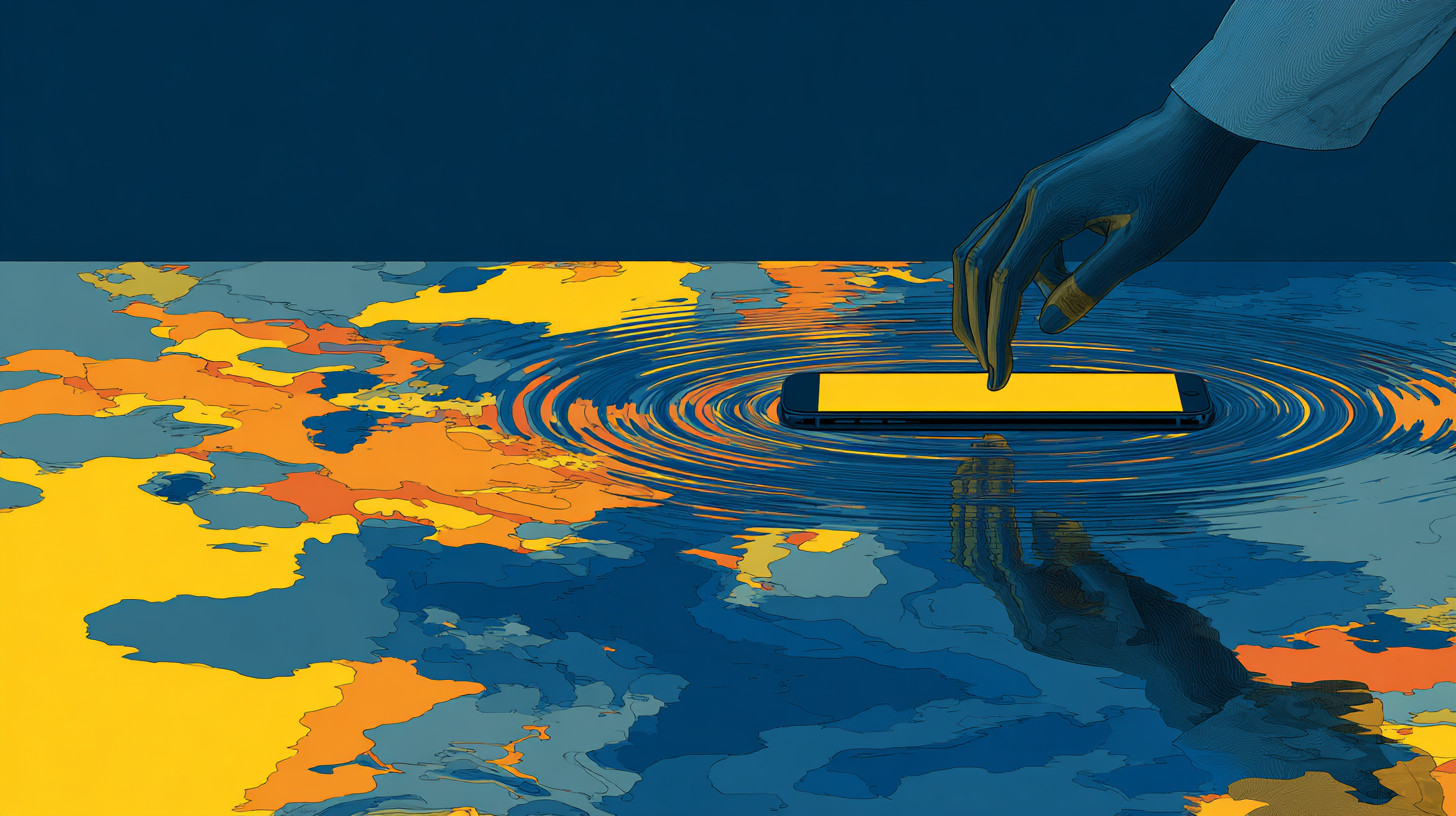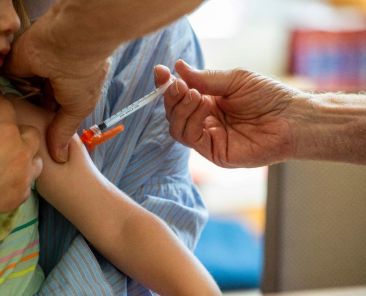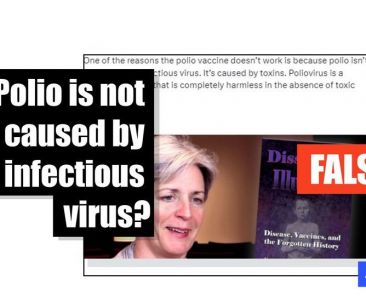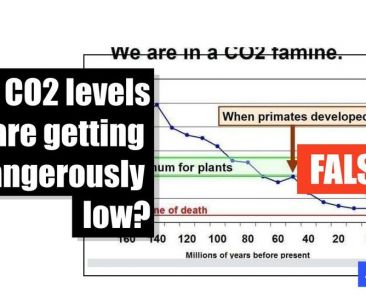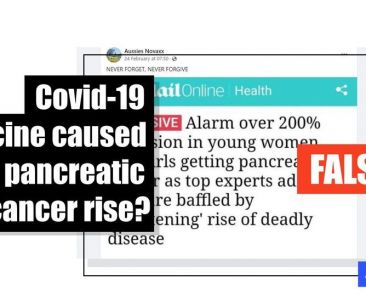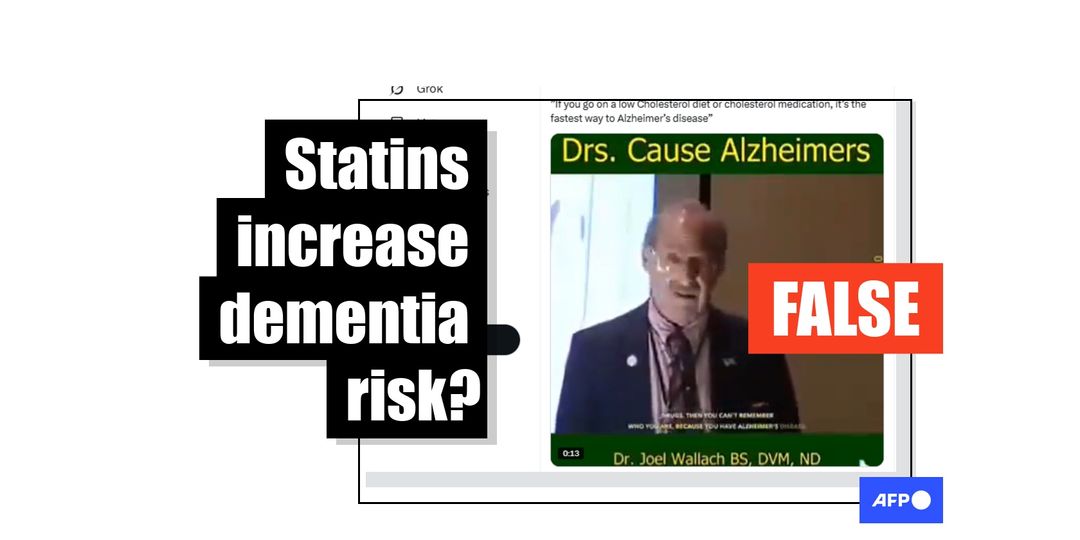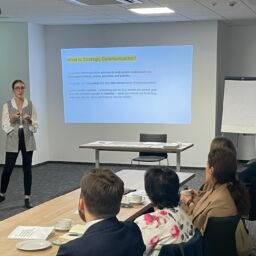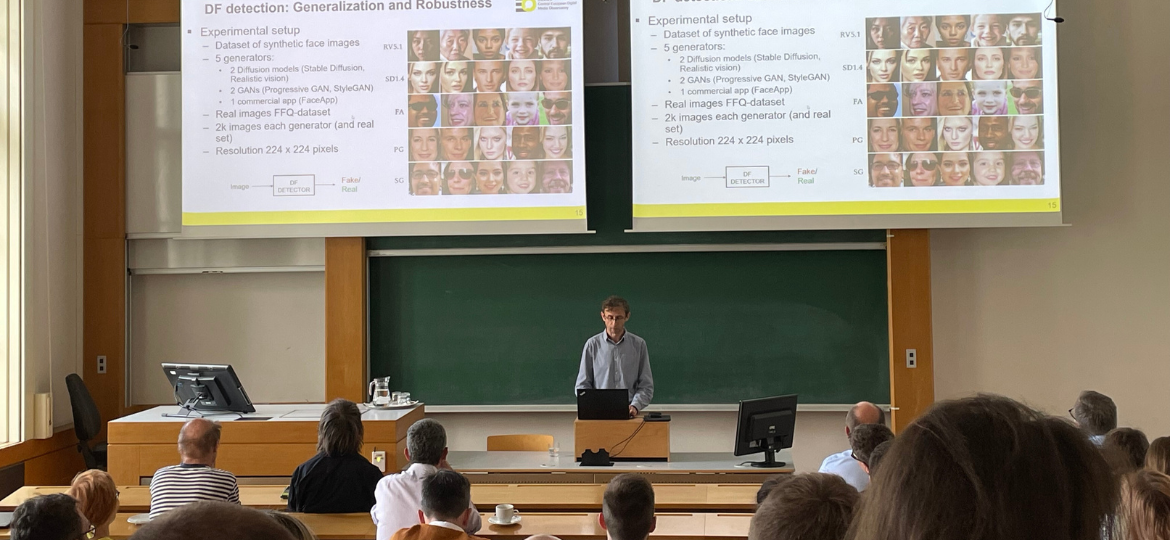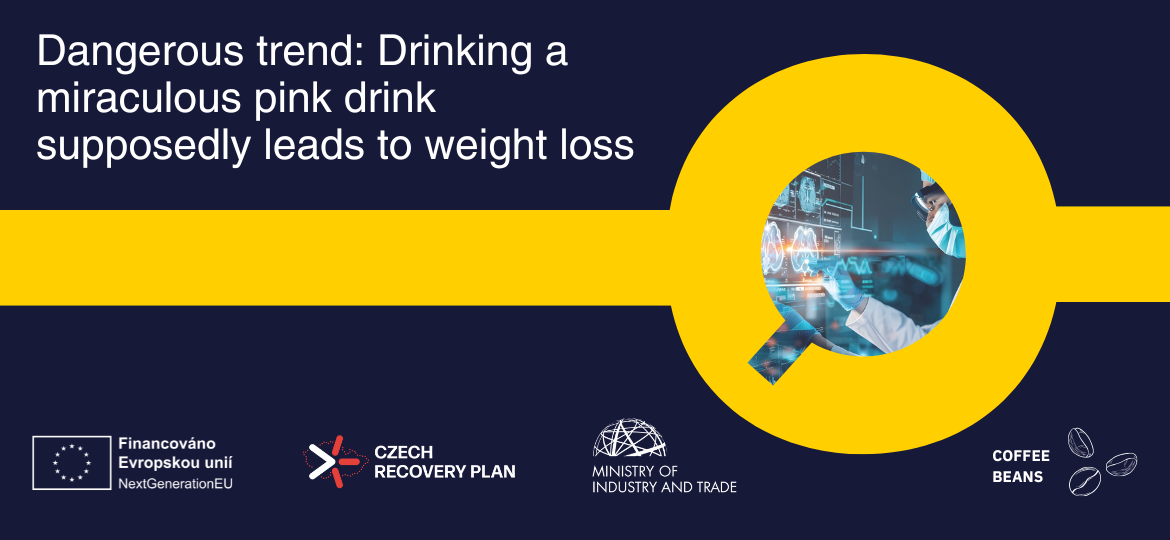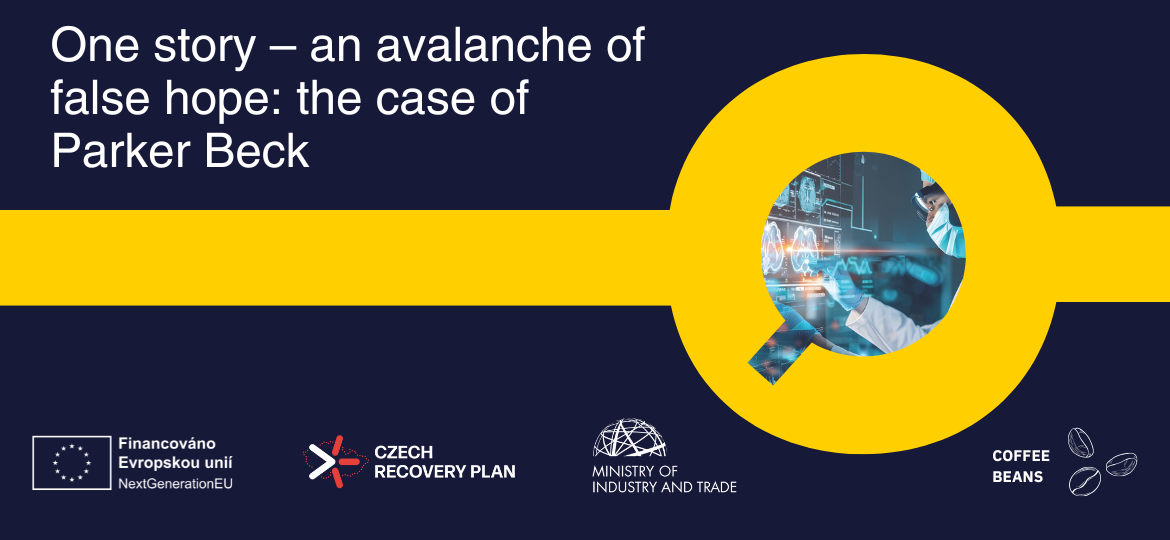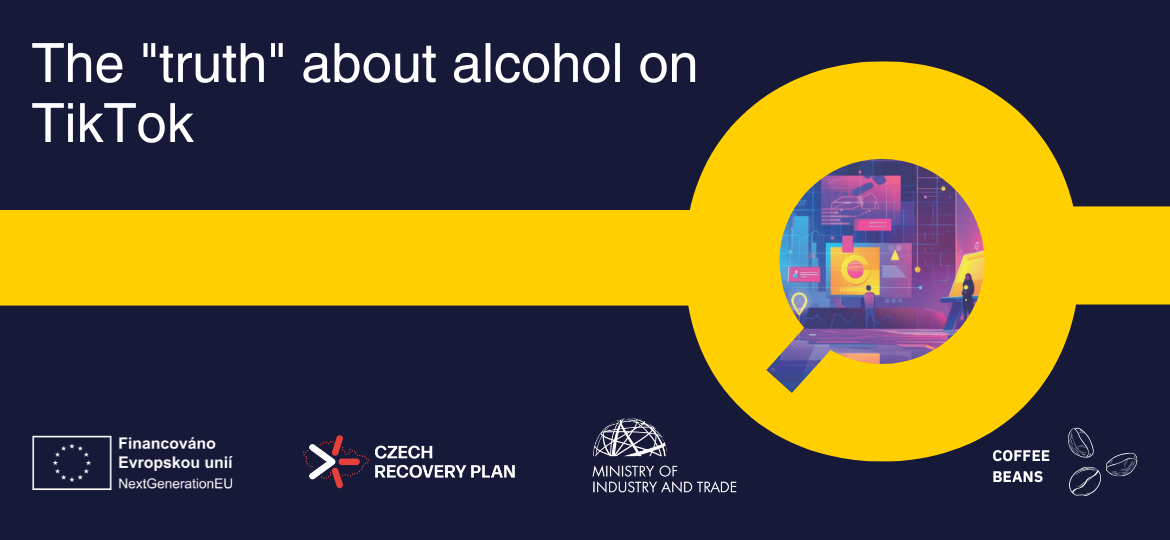About CEDMO
The Central European Digital Media Observatory (CEDMO), as an independent non-partisan multidisciplinary hub, aims to identify, research and prioritise the most critical sources and causes of information disorders in Central Europe (mainly the Czech Republic, Slovakia and Poland). This international consortium was created to propose a set of short and longer-term actions, as well as recommendations to help civil society, public institutions and the private sector respond to the declining trust in key institutions and help society to resist the effect of increasing exposure to mis- and disinformation.
By interacting and coordinating with European Digital Media Observatory (EDMO) and other regional EDMO hubs in EU, CEDMO will contribute to curbing threats posed by information disorders, including disenchantment with the democratic processes, and discord in civil society in Europe, and to building community and nation-wide resilience while protecting information ecosystems.
About CEDMO
The Central European Digital Media Observatory (CEDMO), as an independent non-partisan multidisciplinary hub, aims to identify, research and prioritise the most critical sources and causes of information disorders in Central Europe (mainly the Czech Republic, Slovakia and Poland). This international consortium was created to propose a set of short and longer-term actions, as well as recommendations to help civil society, public institutions and the private sector respond to the declining trust in key institutions and help society to resist the effect of increasing exposure to mis- and disinformation.
Our Partners
About CEDMO
The Central European Digital Media Observatory (CEDMO), as an independent non-partisan multidisciplinary hub, aims to identify, research and prioritise the most critical sources and causes of information disorders in Central Europe (mainly the Czech Republic, Slovakia and Poland). This international consortium was created to propose a set of short and longer-term actions, as well as recommendations to help civil society, public institutions and the private sector respond to the declining trust in key institutions and help society to resist the effect of increasing exposure to mis- and disinformation.
Our Partners
“In Pfizer’s own document. Trying to knock down the population…. Well they are doing it. Someone tell Celine Dion because you know the doctors will deny it has anything to do with medication’s or vaccines even if it’s on their list of side effects,” says a December 10, 2022 Instagram post.
“Evidence Suggests the COVID Shots Are Responsible for Soaring RSV Cases Throughout the U.S. & Canada,” says a November 3, 2022 Instagram post.
“Ivermectin reduces COVID death risk by 92%, peer-reviewed study finds,” says a September 28, 2022 Instagram post with more than 43,000 likes.
“OK, we need only one statistic to prove the Earth is not too hot for humans,” Moore says in an August 1, 2023 post on Twitter, which is being rebranded as “X.”
The altered screenshot was shared on Facebook here on January 19, 2023.
The video criticizes activists, politicians and the media for treating 2030 as a “cliff edge” for climate catastrophe — and for suggesting there are “12 years left to save the world,” a claim that traces back to when the UN report was released in 2018.
“One of the reasons the polio vaccine doesn’t work is because polio isn’t caused by an infectious virus. It’s caused by toxins,” claims Children’s Health Defense in a March 1, 2024 post on X.
“We are in a CO2 famine,” reads the title of a chart shared on Facebook on February 20, 2024. It appears to show decreasing levels of atmospheric CO2 — measured in parts per million (ppm) — throughout the planet’s history.
A Facebook page called “Aussies Novaxx” posted a screenshot of the MailOnline article from February 23, which is headlined: “Alarm over 200% explosion in young women and girls getting pancreatic cancer as top experts admit they are baffled by ‘frightening’ rise of deadly disease” (archived link).
After protesters took to the streets in Paris in a show of grassroots opposition to President Emmanuel Macron and planned austerity measures, an old video resurfaced in posts falsely claiming it showed the demonstrations in the French capital. The footage was in fact filmed in Poland’s capital Warsaw and previously circulated in a post about an independence day rally in the city in November 2017.
An image circulating widely online appears to show Tyler Robinson, the 22-year-old Utah resident accused of shooting dead US right-wing activist Charlie Kirk, wearing a T-shirt supportive of President Donald Trump. But the photo is altered; the original, lifted from Robinson’s mother’s since-deactivated Facebook page, showed the suspect in a plain top.
US Health and Human Services Secretary Robert F. Kennedy Jr. made several false or misleading claims as US lawmakers grilled him over his decisions to fire scientists and overhaul the nation’s vaccine policies during three hours of testimony before the Senate Finance Committee.
“The Great Barrier Reef has died again. 75 percent bleached apparently,” says Australian geophysicist Peter Ridd in an April 9, 2024 clip on Facebook.
“One of the reasons the polio vaccine doesn’t work is because polio isn’t caused by an infectious virus. It’s caused by toxins,” claims Children’s Health Defense in a March 1, 2024 post on X.
“We are in a CO2 famine,” reads the title of a chart shared on Facebook on February 20, 2024. It appears to show decreasing levels of atmospheric CO2 — measured in parts per million (ppm) — throughout the planet’s history.
One day after thieves robbed France’s Louvre Museum of prize jewels in a brazen daytime heist, a short video purporting to show the crime from the Apollo Gallery spread in multiple languages across social media. But the sequence was generated by artificial intelligence, AFP verified.
Scientists do not fully understand what causes the chronic neurodegenerative disease Alzheimer’s, but they are examining a combination of genetic, health and lifestyle factors. On social media, false claims blaming statins — medicines that help lower cholesterol levels — are spreading despite research showing that a sustained reduction in “bad” cholesterol can actually help lower the risk of dementia.
In September 2025, the Russian Federal Medical and Biological Agency announced that its mRNA-based vaccine Enteromix had passed preclinical trials with promising results. Following this announcement, posts spread on social media in Africa claiming Enteromix was a “cure” for cancer. The posts also claimed the vaccine was ready for general use and would be available for free. However, oncology vaccine specialists poured cold water on the claims, saying reliable clinical evidence for Enteromix is not yet available. The Russian agency itself stated the vaccine is awaiting approval for the next stage.
“OOPS: Billboard in New York accidentally greets Zelenskyy with ‘Glory to Urine’ instead of ‘Glory to Ukraine,'” said a September 21, 2023 post sharing the 6-second clip on X, the site formerly known as Twitter.
“‘Ukrainian fighters are very brave and courageous. No one is abandoned,'” says a Facebook post published July 26, 2023. “And, oh, sorry, the camera person got into the shot, let’s do it again! Oscar-worthy actors serve in the AFU!”
“Now, when the historical homeland needs them, they must be here,” says a quote attributed to Ukrainian Defense Minister Oleksiy Reznikov in an August 3, 2023 post on Twitter, which is being re-branded as “X.”
“FESTIVAL ATTENDEES RUNNING FOR THEIR LIVES #PRAYFORISRAEL,” says text over an October 7, 2023 TikTok video, which shows a crowd of people rushing through a gated area.













